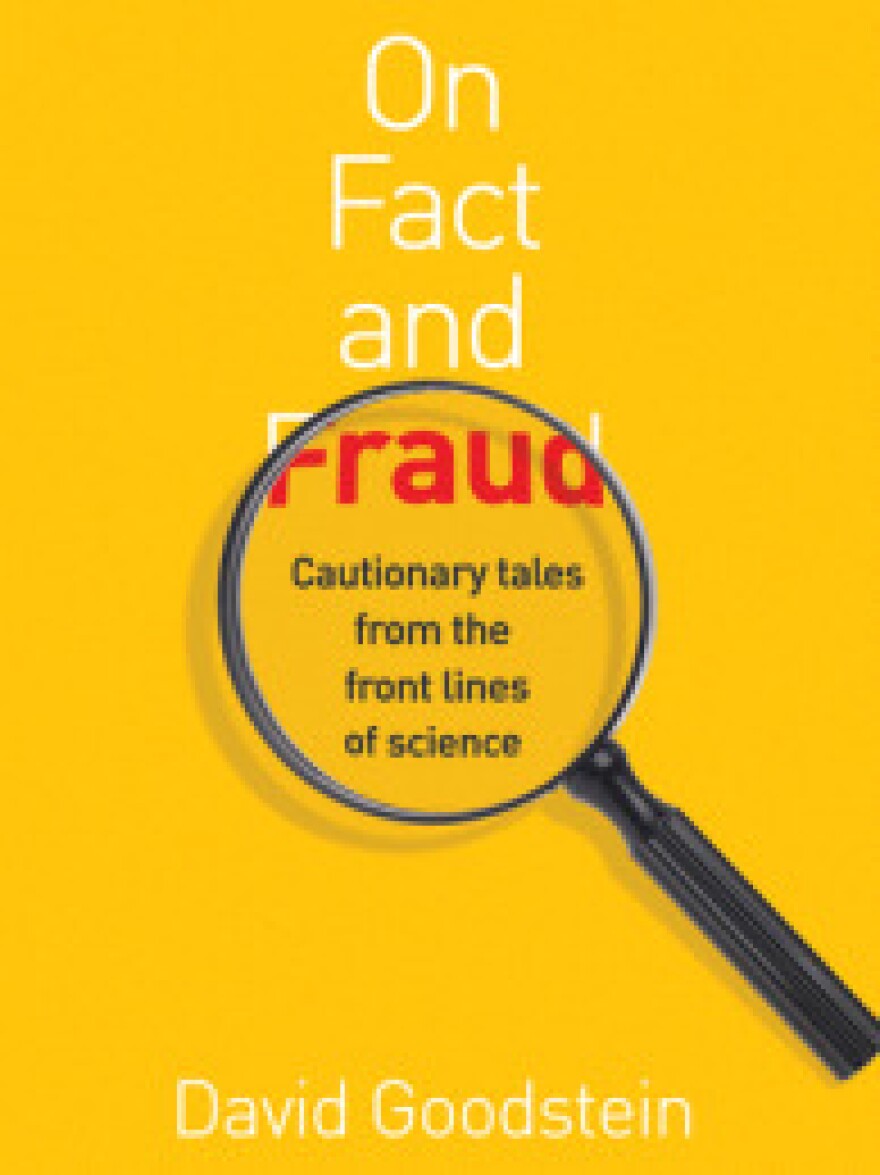It's not easy to identify fraud in science, says CalTech physicist David Goodstein. In his book On Fact and Fraud, Goodstein examines cases of alleged scientific misconduct, such as Robert Millikan's measurement of an electron's charge; the "discovery" of cold fusion; and the discovery of high-temperature superconductivity- a feat that seemed implausible, but turned out to be genuine. Goodstein outlines ethical principles for conducting scientific research, and distinguishes between what is fraud and what's just bad science.
David Goodstein will talk about and sign On Fact and Fraud as part of the Skeptics Society Lectures at CalTech this Sunday, April 11 at 2pm.
Guest:
David Goodstein, author of On Fact and Fraud: Cautionary Tales from the Front Lines of Science (Princeton University Press). He is a professor of physics at CalTech in Pasadena, CA, and as a former vice provost Goodstein was responsible for investigating allegations of scientific misconduct.



